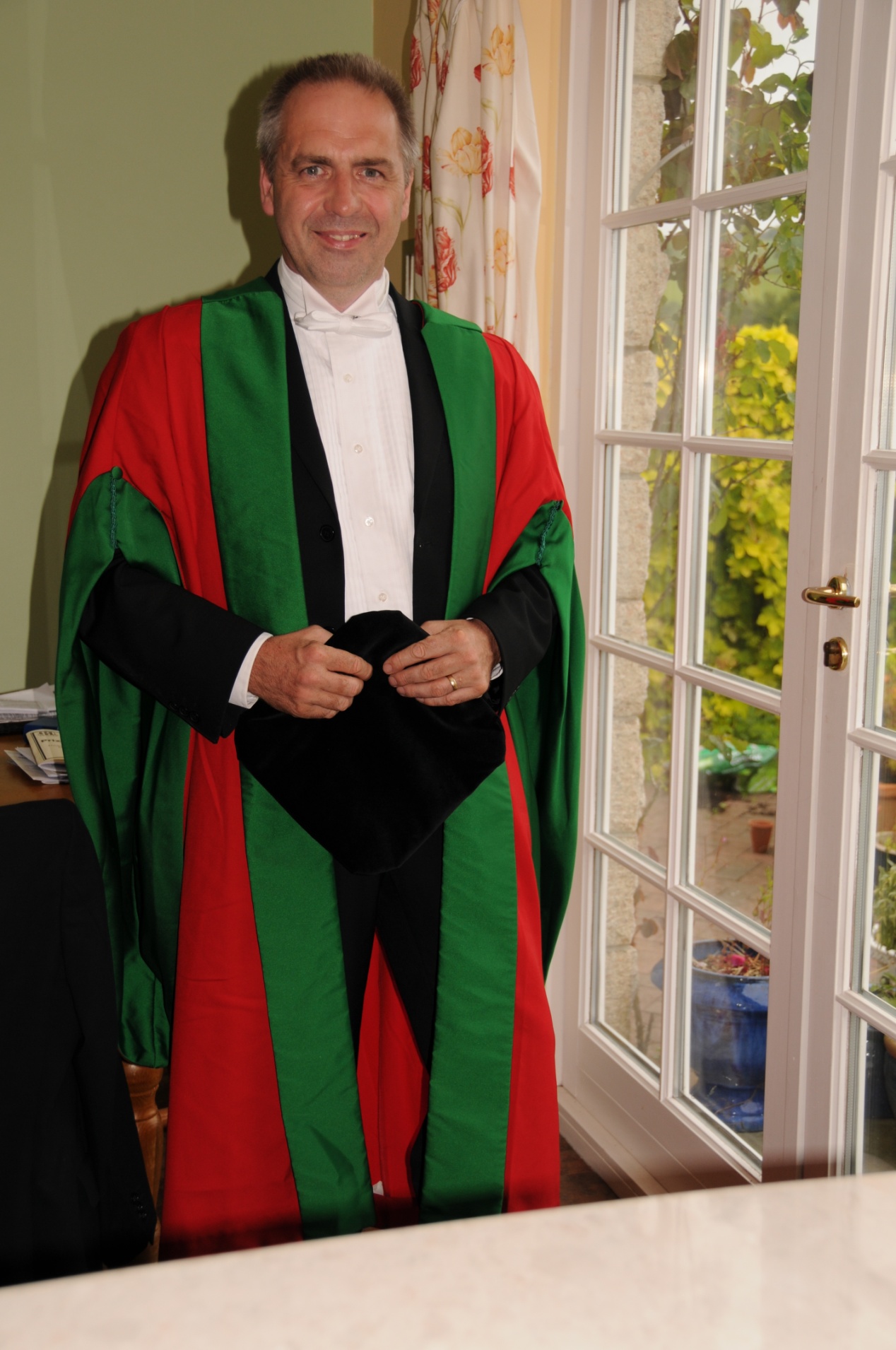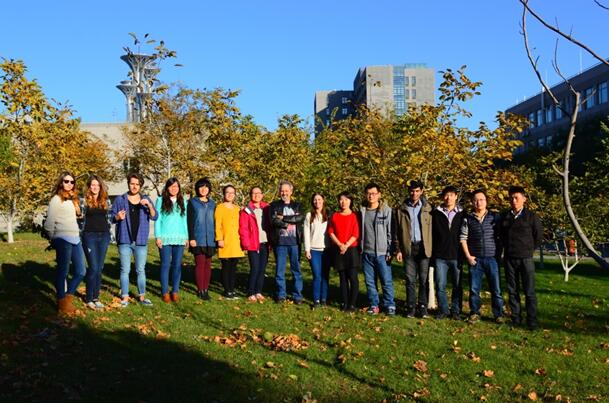

By Professor John Roger Speakman
Very few people can point to a single event that completely changed their lives. But for me it is easy. It happened at 10:30 am on July 11, 2011. I was sitting in a large meeting room at Oxford University in the UK, as part of the Scientific Advisory Committee for the upcoming International Union of Physiology Societies Congress. We were discussing the candidates for some of the main plenary addresses. In my pocket I felt my phone vibrate to indicate an incoming email. I slipped the phone out from under the table and opened up my mailbox. It was a message from China, short and simple. All it said was “The position has been approved”. Thus began the start of an amazing adventure that changed the lives of my family and me forever.
That short message was actually the culmination of a long process that had started more than 12 months previously during a flight between Xining and Beijing. At that time I had been doing field work on the Qinghai-Tibetan plateau, with colleagues Wang Dehua and Zhang Yanmin, both from Chinese Academy of Sciences(CAS). During the flight back to Beijing, Wang told me about the ‘One Thousand Talents’ program and how it would be possible for me to come and work in China more permanently. When I got back to Beijing we looked up the program and found that there were two different types of position: one where you spend three months in China and one where you spend nine months. On the flight home to the UK I couldn’t stop thinking about it, and when I finally got home, my wife and I had a long discussion about it.

My strong feeling was that to make this work I would have to go to China on the nine month program. There was no point being half-hearted about it. I had previously held a joint position and knew that setting up a successful lab would take most of my time. Trying to set it up by only being there 25 percent of the time wasn’t going to work. In contrast, keeping my lab at the University of Aberdeen running would need less of my presence, especially if I could get someone from the group to manage the lab on a day to day basis. But this would mean some massive changes. I would have to give up my job as the Director of the Institute of Biological and Environmental Sciences, my wife would need to come to China and find employment, and it would mean relocating my son to a school in Beijing. My daughter was just about to go to university so it would also mean abandoning her to go through that alone.
My children took all this completely in their stride: mostly because they didn’t think it was actually ever going to happen. A year earlier we had discussed going to Australia, to a University that had invited me to be part of their biology department, but in the end we didn’t go. They thought that China was going to be just another Australia. Lots of discussion, but no action. For me, however, it was different. The prospect of living and working in China really excited me in a way that moving to Australia didn’t. The most important thing of all was that my wife was 100 percent supportive and excited as well. We put in the application to the ‘One Thousand Talents’ program early in 2011, after several more visits to China to discuss things with CAS’ s Institute of Genetics and Developmental Biology, which I had identified as the most promising host institute for me.
After receiving the confirmatory email that day in Oxford, things moved really fast. Aberdeen University, where I had worked for the past 26 years, was fantastic. They facilitated my move in every way they could, and helped set up things so that my lab could keep running there. A month after the life changing message, my son and I boarded a flight to Beijing. I resigned my Director’s position in September, and my wife came out about six weeks later. That was four and a half years ago. The time has just flown by. Now I have a group of about 15 people in China, and still have a group of about seven people in Aberdeen. Life is busy, but things have settled down into some sort of routine. I still split my time, with nine months in Beijing and three in the UK, and it is all working fabulously. My wife has retrained and now teaches English in the International Department of Fang Cao Di School in East Beijing, and my son completed his education at Beijing Harrow School and started a degree at the University of Edinburgh in 2013.
The ability to focus all my time on research is having a great effect. In the last four years we have published 88 papers, of which two were in Science, one in Nature Methods and one in PNAS. Students from my group in China have gone on to positions in Chinese companies and post-doctoral positions in the US, and there is a constant interchange of students between the Beijing lab and the Aberdeen lab. I think this provides stimulation for all parties. Plus we have set up a large international collaborative network around several different projects. In the light of these activities it was a tremendous delight for me to be awarded the CAS prize for international cooperation this year. I am already looking forwards to the next five years here (and the next five after that!).

Prof. John Roger Speakman with students at the Institute of Genetics and Developmental Biology